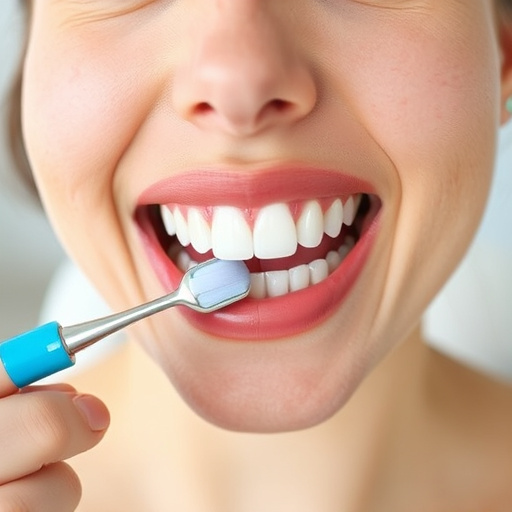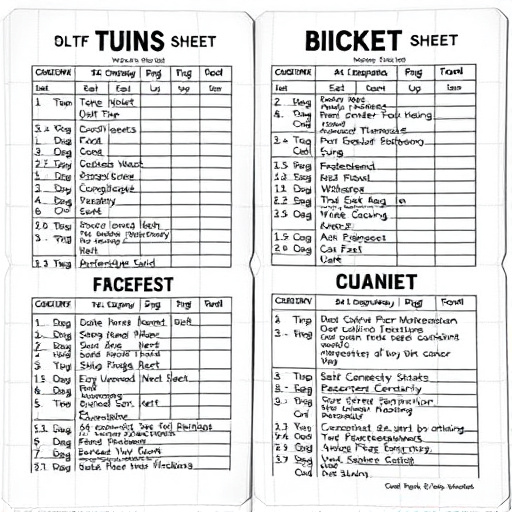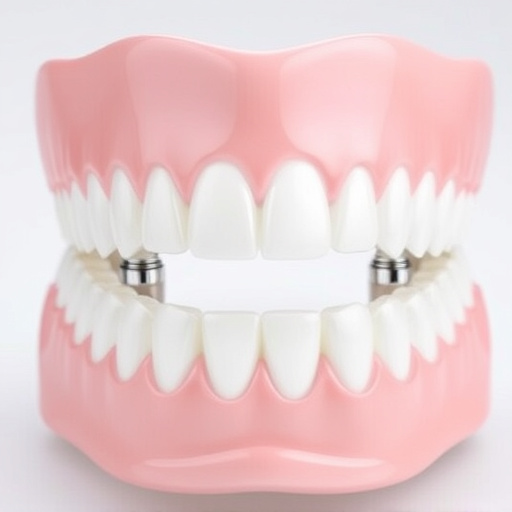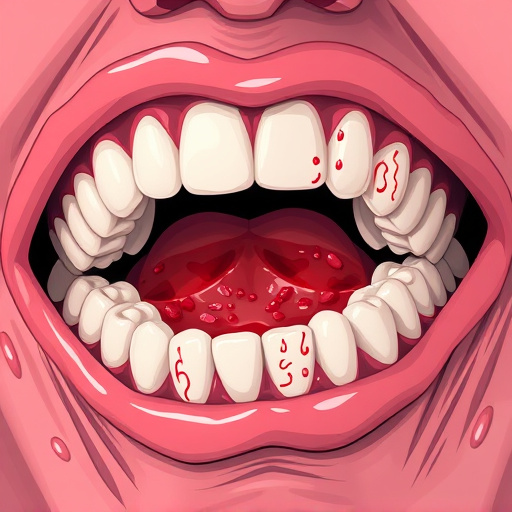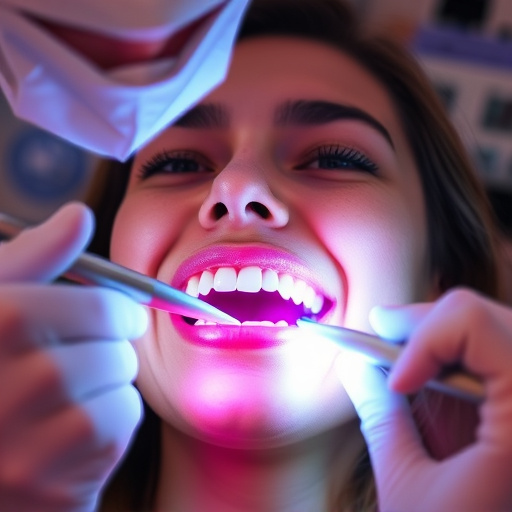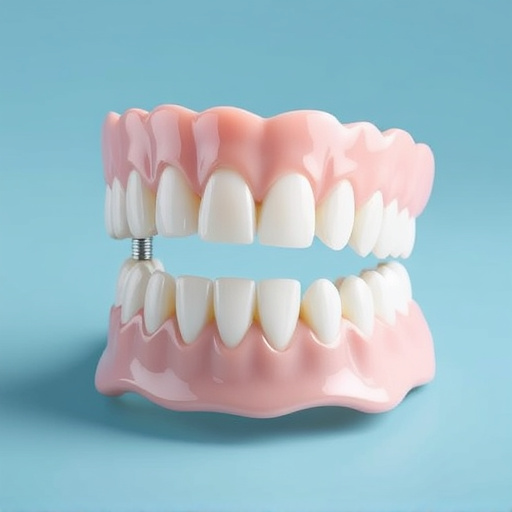Limiting sugar intake is key to dental health maintenance. Smartphone apps track sugar consumption, while regular dental check-ups educate patients on sugary food's impact. Balanced diet with calcium, vitamin C, and fiber-rich foods promotes oral well-being. Staying hydrated enhances dental health maintenance for better treatment outcomes.
Dental health maintenance goes beyond regular brushing and flossing. One of the key factors in maintaining a healthy mouth is monitoring sugar intake. Sugar not only contributes to tooth decay but also fuels oral bacteria, leading to gum disease and other oral health issues. This article delves into understanding the impact of sugar on dental health, offers tools and strategies for monitoring intake, and provides guidance on balancing your diet for optimal oral well-being.
- Understanding Sugar's Impact on Dental Health
- Monitoring Intake: Tools and Strategies
- Balancing Diet for Optimal Oral Well-being
Understanding Sugar's Impact on Dental Health
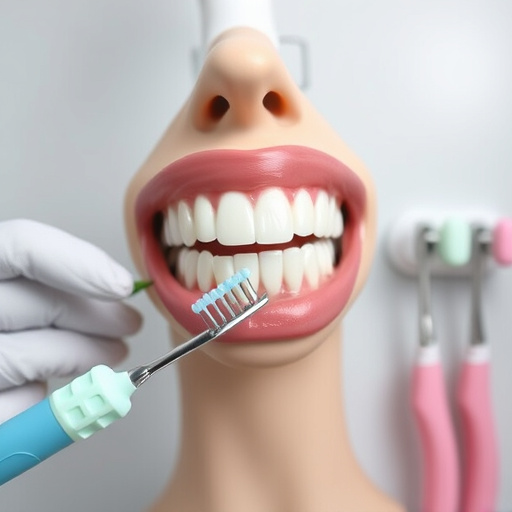
Sugar has long been known to be a culprit when it comes to dental health maintenance. Its impact on our teeth goes beyond the obvious sugar cravings and energy bursts. The intricate relationship between sugar and dental health is a complex web of bacterial interactions, enamel erosion, and potential cavities. When we consume sugary foods or beverages, bacteria in our mouths feed on these sugars, producing acids that can weaken tooth enamel over time. This gradual process increases the risk of tooth decay and may lead to the need for restorative dentistry, such as dental fillings or, in more severe cases, wisdom tooth removal.
Regular monitoring and control of sugar intake are vital components of comprehensive dental health maintenance. By understanding how sugar affects our oral environment, we can make informed choices to protect our teeth. Reducing sugary treats and drinks, especially between meals, helps minimize the exposure of our teeth to damaging acids. This proactive approach not only reduces the likelihood of cavities but also contributes to a healthier, more vibrant smile over the long term.
Monitoring Intake: Tools and Strategies
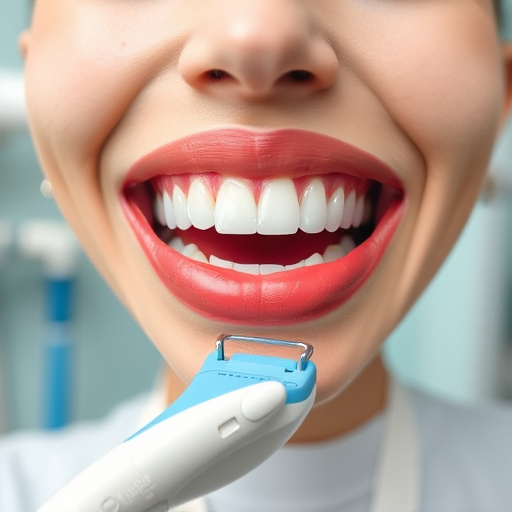
Monitoring your sugar intake is a key component of maintaining optimal dental health. Excessive sugar consumption can lead to tooth decay, gum disease, and other oral health issues. To keep track, individuals can utilize various tools and strategies. Smartphones offer numerous apps designed specifically for this purpose, providing users with detailed insights into their daily sugar intake based on food logs and bar code scanning. These applications often include customizable goals and reminders to help users stay within recommended limits.
Additionally, consulting with dental professionals plays a crucial role in developing personalized strategies. Regular check-ups and cleanings not only address existing problems like impacted wisdom teeth requiring removal or cosmetic dentistry procedures such as bonding but also offer guidance on dietary choices. Dentists can educate patients about the impact of sugary foods and beverages, suggesting healthier alternatives to benefit overall dental health maintenance.
Balancing Diet for Optimal Oral Well-being
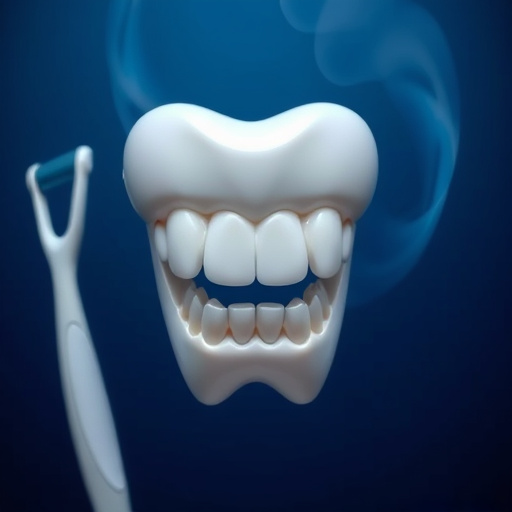
Maintaining optimal dental health involves a balanced diet that supports overall oral well-being. The key lies in moderation and variety. While sugar is a natural part of many foods, exceeding recommended intake levels can lead to tooth decay and other dental issues. It’s crucial to manage sugar consumption by choosing complex carbohydrates, whole grains, and fiber-rich foods that promote healthy bacteria growth in the mouth. These beneficial bacteria aid in neutralizing acids produced by sugar, thus reducing the risk of cavities and gum disease.
Incorporating a range of nutritious foods into your diet is essential for dental health maintenance. Calcium-rich options like dairy products, leafy greens, and nuts strengthen tooth enamel, while vitamin C-packed fruits and vegetables promote healthy gums. Additionally, staying hydrated by drinking water helps wash away food particles and neutralizes acids, further contributing to preventive dentistry efforts. Remember, clear aligners and tooth repair procedures can be more effective when dental health maintenance practices are in place, ensuring a vibrant and healthy smile.
Dental health maintenance requires a holistic approach, and monitoring sugar intake is a key component. By understanding how sugar impacts oral well-being, individuals can employ effective strategies to track and balance their diet. Utilizing various tools and adopting balanced eating habits are essential steps towards achieving and maintaining optimal dental health.



